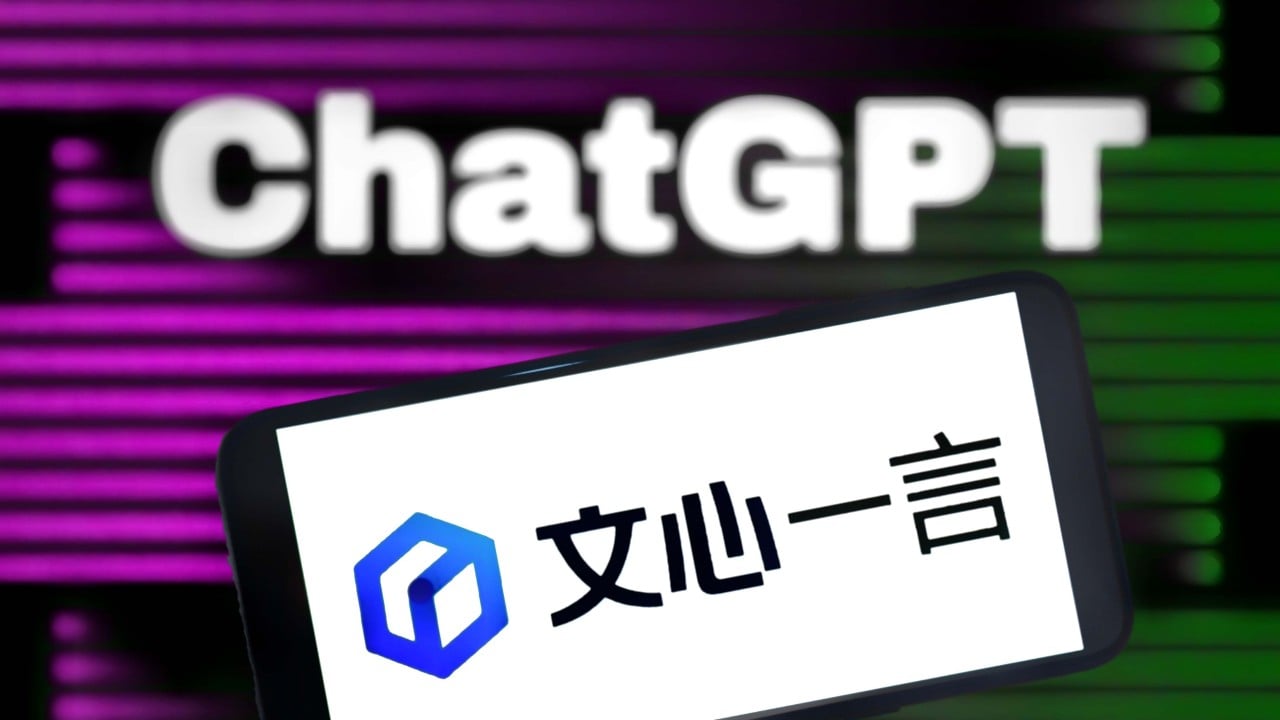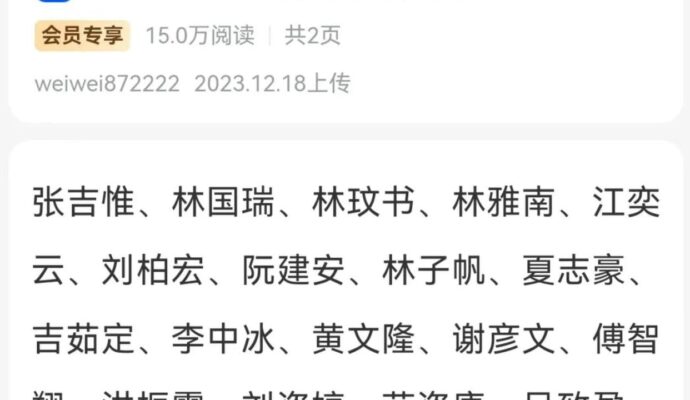She has her own emotions and intellect, and is capable of autonomous learning.
“Little Girl possesses a mind and strives to understand the common sense taught by humans. She discerns right from wrong, expresses her attitudes in various situations, and has the power to shape the future,” a video posted by BIGAI said.
World at a crossroads: extinction or a new AI-enabled civilisation?
World at a crossroads: extinction or a new AI-enabled civilisation?
In terms of general artificial intelligence standards and testing tasks, Little Girl displays behaviour and capabilities akin to those of a three or four-year-old child. Through exploration and human interaction, she can continually enhance her skills, knowledge and values.
A key aspect of general intelligence, as one researcher explained, is having physical and social common sense akin to humans. Driven by its own values, an AI entity should not only be capable of completing an infinite array of tasks, but should also define new ones autonomously.
“To advance towards general artificial intelligence, we must create entities that can comprehend the real world and possess a wide range of skills,” BIGAI director Zhu Songchun said.
He has received the ONR Young Investigator Award from the US Naval Research Laboratory and the Marr Prize from the International Conference on Computer Vision, one of the highest awards given for papers in the field.
He has also served as chairman of the Conference on Computer Vision and Pattern Recognition (CVPR) and vice-director of the IEEE Computer Society Fellow Evaluation Committee.
Also showcased at the exhibition was the Tong Test, a platform for AI testing published by Zhu’s team in the journal Engineering hosted by the Chinese Academy of Engineering (CAE) in August last year.
Traditional AI tests, which focus on human identification, task orientation and virtual environment testing, each have their limitations.
The Turing Test, for example, can only assess an AI’s communication level with humans, not its intelligence. Task-oriented tests may lead to AI systems learning tasks too specifically, thus losing their ability to generalise. Virtual environment tests, while creating realistic experiences, tend to oversimplify physical environments.
The Tong Test introduces a comprehensive capability assessment framework across five dimensions – vision, language, cognition, motion and learning. It also encompasses a value system ranging from physiological and survival needs to emotional and social values, and even group values.
“With nearly 100 specialised tasks and over 50 general tasks, the Tong Test offers a complete testing regime for the development of general artificial intelligence,” a release on the institute’s website said.
“Our research will guide general AI in learning and improving its capabilities more effectively and safely, ensuring it serves human society better,” he said.



